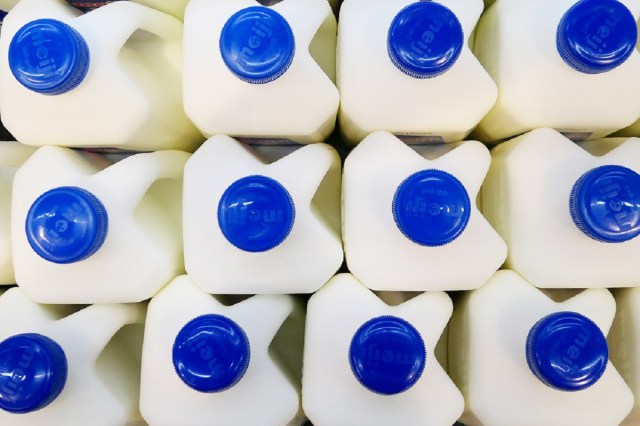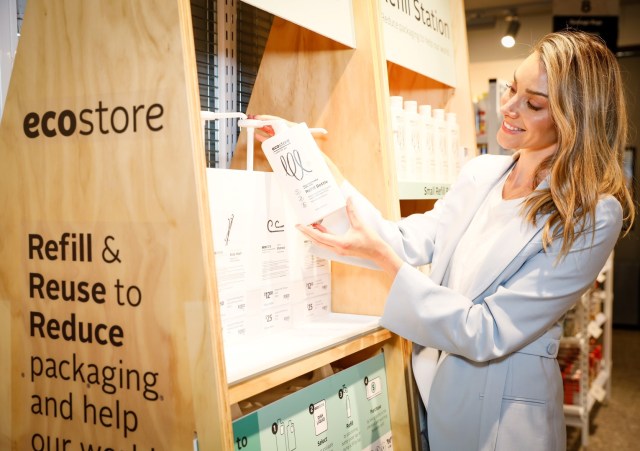
The Federal Government has provided hydrothermal liquefaction company, Licella, with a $5 million grant towards the development of a Queensland biorefinery to transform sugarcane waste into jet fuel.
This jet fuel will be used as domestic biofuel manufacturing for Defence – Licella will transform sugarcane waste into military spec fuels, including Sustainable Aviation Fuel (SAF).
The company said this funding would help establish a commercial biorefinery in the Burdekin region of Queensland, with Licella’s Australian-developed Cat-HTR technology at its core.
Licella’s patented Cat-HTR technology platform reduces, recycles and recaptures carbon from a wide variety of recovered resources, both plastic and biomass feedstocks, across multiple markets.
The company said the biorefinery is a key step for Australia to establish an SAF focused biorefinery critical to our future fuel security as every year, an estimated 1.65 million tonnes of sugarcane tops and trash (unused waste by-products of the sugarcane industry) is produced in the Burdekin region.
Through collaboration with stakeholders in the Burdekin, the opportunity exists to divert this wasted biomass from burning.
“The opportunity for biofuels in the Burdekin region is immense. We estimate that by utilising the sugarcane waste burnt each year in the region, our biorefinery could produce around 73 million gallons of Sustainable Aviation Fuel every year. That’s about 900 full loads of commercial jet biofuel,” Licella CEO Dr Len Humphreys said.
Supported by the Queensland Labor Government’s Waste to Biofutures fund, Licella has already successfully demonstrated the conversion of sugarcane trash to biocrude at its CatHTR Commercial Demonstration Facility in Somersby, NSW.
The company said this funding would accelerate demonstration of SAF production from Licella’s biocrude and the certification of SAF for domestic civil and military applications.
Burdekin Renewable Fuels Chairman Greg Rossato said the funding helps highlight the potential for the Burdekin to contribute to a strong bioeconomy.
“Sugarcane as a sustainable feedstock to manufacture fuels and chemicals is an exciting alternative for growers and our community. It continues the tradition of the sugarcane industry being a major participant in the bioeconomy.”
Once constructed, the biorefinery would create new jobs in manufacturing, alongside indirect jobs in the supply chain.
Licella added that it would significantly reduce emissions and provide much needed fuel security to Australia’s defence force.


